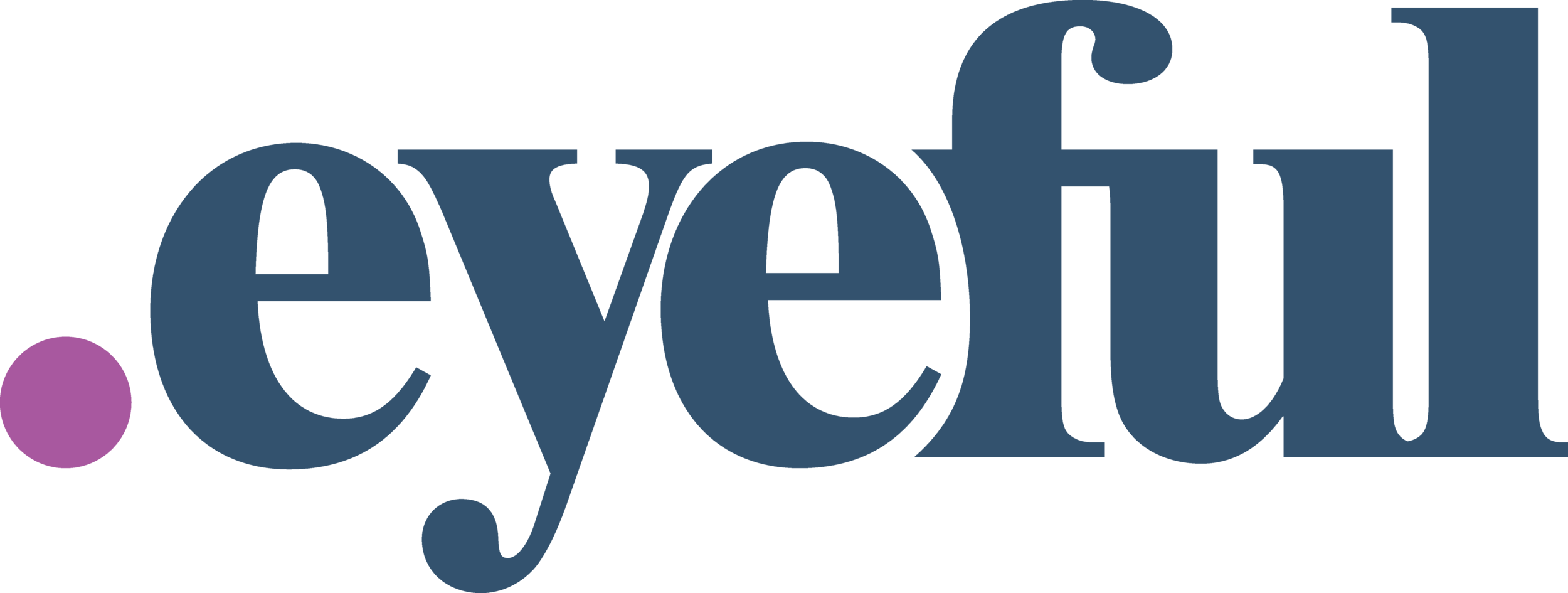What You Need to Know: Meta Releases Incremental Attribution Setting for Ads
For years, traditional attribution models have inflated performance metrics. But the game is changing. Meta's incremental attribution flips the script, forcing marketers to measure the true impact of their ads by isolating conversions that would not have happened otherwise.
If your ROAS and CPA goals are based on traditional attribution models only, it's time for a crucial update. Here’s what you need to know.
What is incremental attribution from Meta?
It aims to answer the critical question: "Would this conversion have happened anyway if the user hadn't seen or clicked my ad?"
Traditional models like 7-day click or 1-day view credit all conversions back to your Meta campaign, even if they would have occurred organically or via paid search, email, or other marketing efforts. Incremental attribution aims to isolate the conversions that would not have happened without the Meta ad serving the customer. Focusing on net new impact to your business as opposed to reporting based on any interaction.
Why does it matter? What will change?
This will impact ROAS and CPA metrics, as they may have been inflated previously due to a larger attribution net. Incremental attribution will now more closely reflect the actual value of your ads and how they contribute to overall revenue.
Traditional Meta attribution settings like blended 7-day click and 1-day view raised reported metrics, allowing marketers to tout Meta as a top-performing platform, but incremental attribution flips that on its head and forces marketers and brands to consider adjusting to new goals.
Running campaigns with incremental and traditional models side-by-side can help to understand how performance is shifting and where Meta may have previously been over-credited.
What is the potential impact on current and future marketing
You can only use this with campaign objectives for conversions, product catalog, and sales.
This will allow you to allocate your budget more effectively, especially for new customer acquisition (NCA) and prospecting campaigns. Incremental attribution will help marketers understand the true cost of acquiring a net new customer through Meta and see if the platform is the most effective use of their budget when focusing on an NCA goal. You can tell what ads are resonating most with new customers and what types of callouts, messages, and images are best in a more direct way.
Retargeting efforts may appear less effective under this model, as it emphasizes conversions that would’ve occurred without the ad, potentially undervaluing the role of retargeting.
Marketers are starting to use varied attribution tools and models to understand the effectiveness of each of their channels. In a world of cross-channel shopping, this setting provides a pinpointed view of the platforms’ isolated value — if you were to opt out of Meta advertising, these are all of the customers you would be losing.
Feeling like your Meta performance metrics are suddenly on shaky ground? You're right to question them. In a world of incremental attribution, you need a paid social partner who can help you measure what truly matters.
Eyeful Media specializes in helping brands navigate these complex shifts to uncover the real value of their ad spend. Stop guessing your impact—contact us today to build a smarter, more effective marketing strategy for 2025 and beyond.

